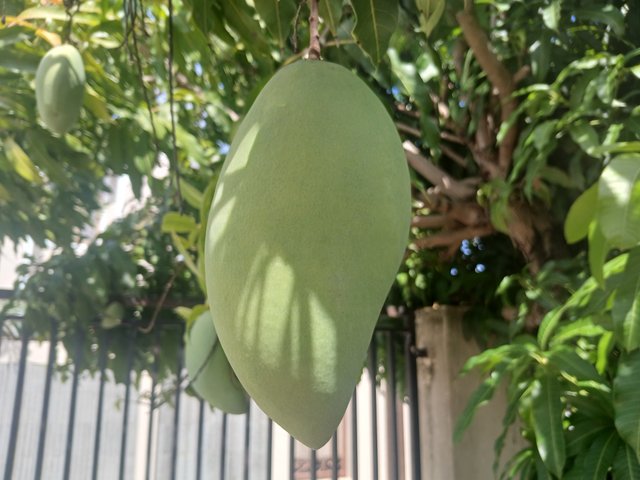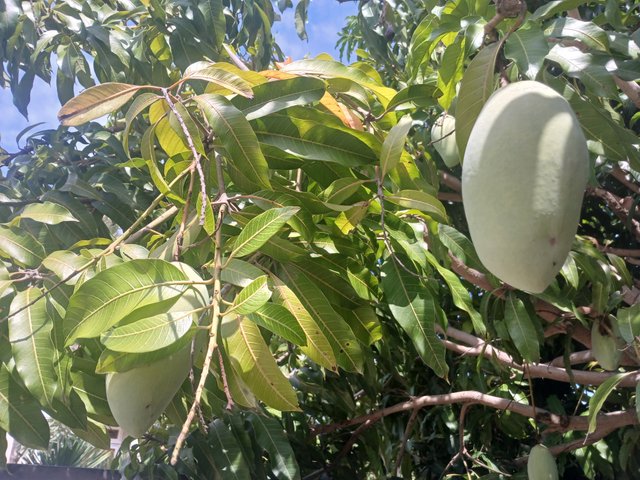Mangoes: High in Sugar, But Can Prevent the Risk of Diabetes
Hello, good afternoon and best wishes for all my fellow steemians. How are you today? I hope you are all in good health and always under the protection of Allah SWT, allowing you to carry out all your activities well.
Tropical fruits, including mangoes, contain between ten and fifty grams of sugar. This high sugar content makes them unsuitable as snacks because they have the potential to significantly increase the risk of diabetes. A single medium-sized mango can contain between 22 and 24 grams of sugar, or even more. The sugar content in mangoes varies depending on the size and ripeness of the fruit, which has a sweet and sour taste. However, according to several studies, despite its high sugar content, mangoes may provide a protective factor for adults with prediabetes.
The sugars naturally found in mangoes and other fruits are complemented by fiber, vitamins, and other nutrients that provide additional health benefits. Unlike foods with added sugar, such as breakfast cereals, even low-sugar snack options do not have the same nutritional value and may increase the risk of diabetes. Other studies have also found that mangoes can help improve insulin sensitivity and manage blood sugar levels without weight gain. As we know, mangoes have a variety of extraordinary health benefits, from boosting immunity to supporting heart health.
Adding fresh mango to a healthy diet can be a simple and enjoyable way for overweight or obese people to support better insulin function and reduce the risk of type 2 diabetes. Furthermore, consuming mangoes does not cause weight gain. The fiber, antioxidants, and polyphenols, particularly the compound mangiferin, found in mangoes, can help reduce blood sugar spikes and improve cellular response to insulin. Fiber can slow digestion and reduce the rapid absorption of sugar into cells, thus helping regulate blood sugar levels.
Regards,
@fadlymatch



